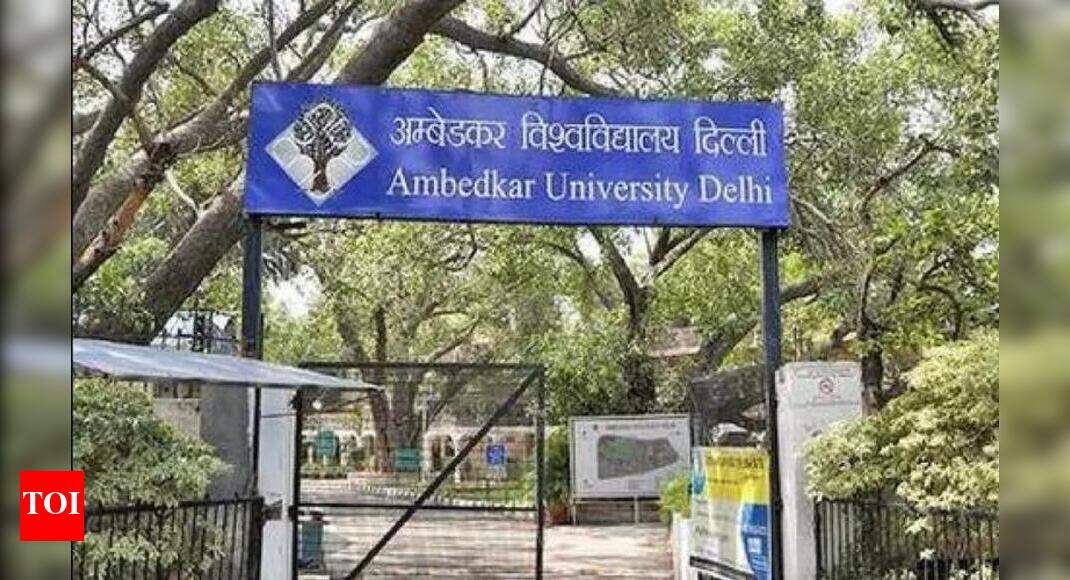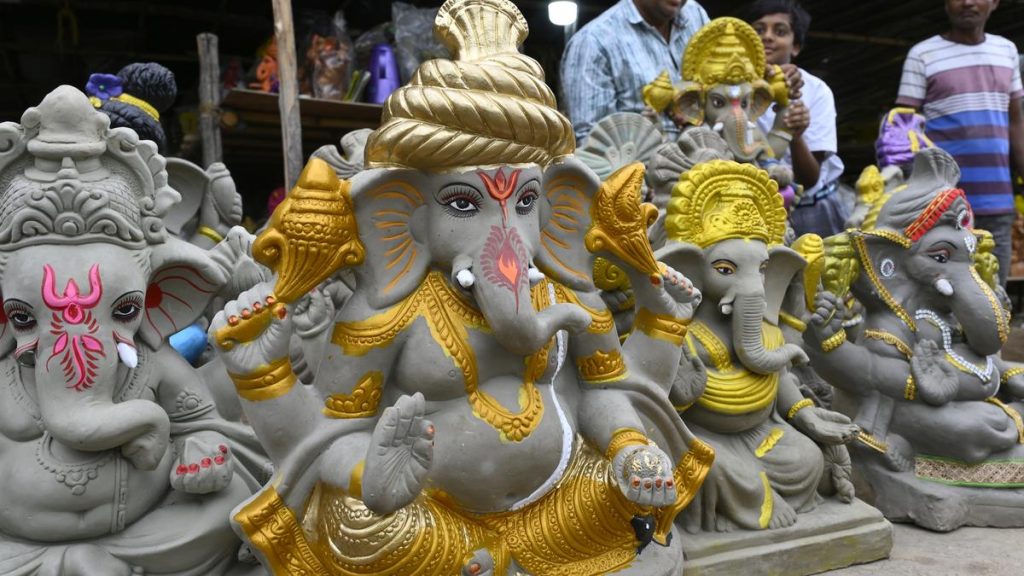Now Reading: Ambedkar University Students Rally Against Show Cause Notice to Professor
-
01
Ambedkar University Students Rally Against Show Cause Notice to Professor
Ambedkar University Students Rally Against Show Cause Notice to Professor

Rapid Summary:
- Ambedkar University Delhi (AUD) issued a show cause notice to Dr. Kaustav Banerjee, accusing him of inciting disorder during a recent student-lead protest.
- The protest was organized by the All India Students’ Association (AISA) following the suspension of Mantasha Irfan, a final-year MA student accused of derogatory comments about Vice Chancellor Anu Singh Lather in an email.
- Irfan’s suspension triggered widespread demonstrations,wiht students organizing an indefinite sit-in as Tuesday.
- Dr. Banerjee allegedly gave a “provocative speech” on March 24 during a public meeting that university authorities claim resulted in disruption and police intervention.
- AISA condemned the show cause notice as an attack on academic freedom and expressed solidarity with Banerjee, claiming he is being intimidated for exercising free expression.
- The administration cited Rule 3(1) of the Central Civil Services (Conduct) Rules, 1964, and provisions from AUD’s statutes as grounds for action against Banerjee; he has been given 45 days to respond before potential disciplinary measures are enacted.
- Faculty spaces near protest sites were reportedly locked during demonstrations,causing inconvenience to both professors and students according to AISA.
- AUD has recently banned protests in administrative zones but designated separate areas for peaceful gatherings that require prior approval from Proctor’s office.
For detailed coverage: Read More
Indian Opinion Analysis:
The events at Ambedkar University bring into focus critical tensions between institutional regulations and principles like academic freedom and free expression. The show cause notice against Dr. kaustav Banerjee highlights potential challenges educators face when expressing solidarity with students or dissenting publicly on contentious issues within government-funded institutions.While universities have legal obligations under statutes such as the Central Civil Services Rules to maintain order, balancing these requirements without stifling open discourse poses critically important questions about governance models suited for modern academia in democratic contexts like India.AUD’s decision also underscores growing concerns over restrictions placed on protests within public campuses-especially when choice designated spaces impose procedural barriers.
This controversy could have broader implications beyond AUD by reigniting debates around autonomy versus control faced by state-run educational institutions nationwide. Maintaining neutrality while addressing allegations responsibly will be crucial for university administrators seeking resolutions without compromising their credibility or creating perceptions of authoritarianism among stakeholders.
For detailed coverage: Read More


























